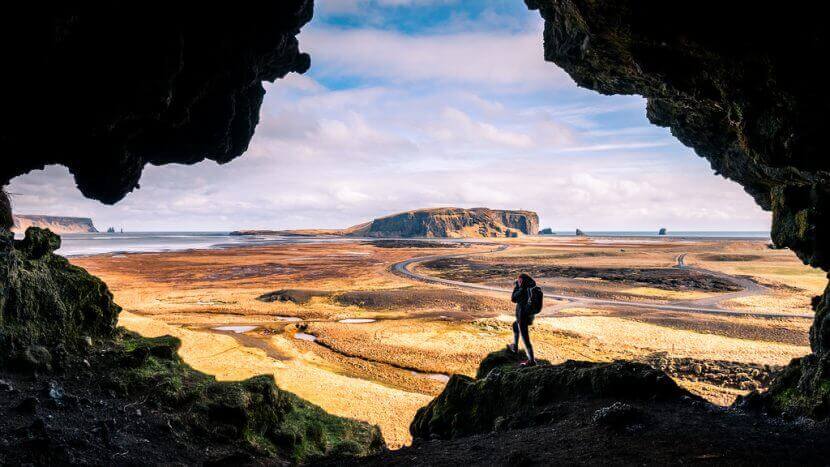
Offering local tours and activities is a multibillion dollar business, with the OTAs having shown a growing interest in this sector. Expedia alone is looking to grow its local tours and activities sales fivefold – from approximately $400 million a year to over $2 billion. Expedia currently has 4,000 suppliers providing 27,000 tours and activities worldwide. Airbnb, through its Experiences offering, has been rolling out tours and activities in many of its key destinations with the goal of bringing its offerings to 1,000 cities. Recently, Booking.com acquired Fairharbor.com and TripAdvisor acquired Bokun.com, both cloud-based software platforms that enable local tour and activities operators to make their services bookable online.
Yet, in spite of all the industry buzz and its huge potential, less than 20% of tours, experiences and attractions are bookable online. Why is that? There are two main reasons: the highly fragmented nature of this sector and travel consumer preferences.
This sector greatly fragmented, consisting of millions of small, independently-owned operators. This explains the lack of businesses offering bookings online. They simply do not have the resources available for online booking systems and website technology.
Another reason is travel consumer preferences. According to a new consumer report from Arival, which surveyed U.S. adults planning a trip this summer, only 24% of travel consumers will book most of their activities before departure. The rest book while in their destination. Travel consumers are not fully convinced that booking tours and activities in advance brings any value in the form of better choice, better service, unique offerings, meaningful savings, etc. It is no surprise that 85% of activities are booked while on location – many of the best local tours and activities are simply not available online!
Why should hoteliers consider offering experiences, tours, and activities?
The commoditization of the hotel product, in which hotels are forced to compete with the OTAs strictly based on rate, leaves the hotel little opportunity to communicate the value of the hotel product to potential guests. To combat this and “sell on value” as opposed to “sell on rate,” hoteliers need an effective merchandising strategy, including offering a vast range of experiences as part of the property website offerings, in multichannel and seasonal campaigns.
Travelers are fully onboard: 98% of survey respondents (tnooz) said having “local experiences” in a new city was important.
The direct online channel offers limitless opportunities for the hotelier to present the hotel as the “hero of the destination” and the perfect choice to stay while exploring all the destination has to offer such as museums, galleries, family attractions, shopping, dining, nightlife, entertainment, and more. Combine this with a strong website merchandising program, focused on the uniqueness of the hotel product and its value proposition, and you have a successful strategy!
Hotels are local businesses and this is a major advantage over the OTAs when selecting and contracting local tour and activity operators, monitoring their performance and customer service, and ensuring timely payments.



